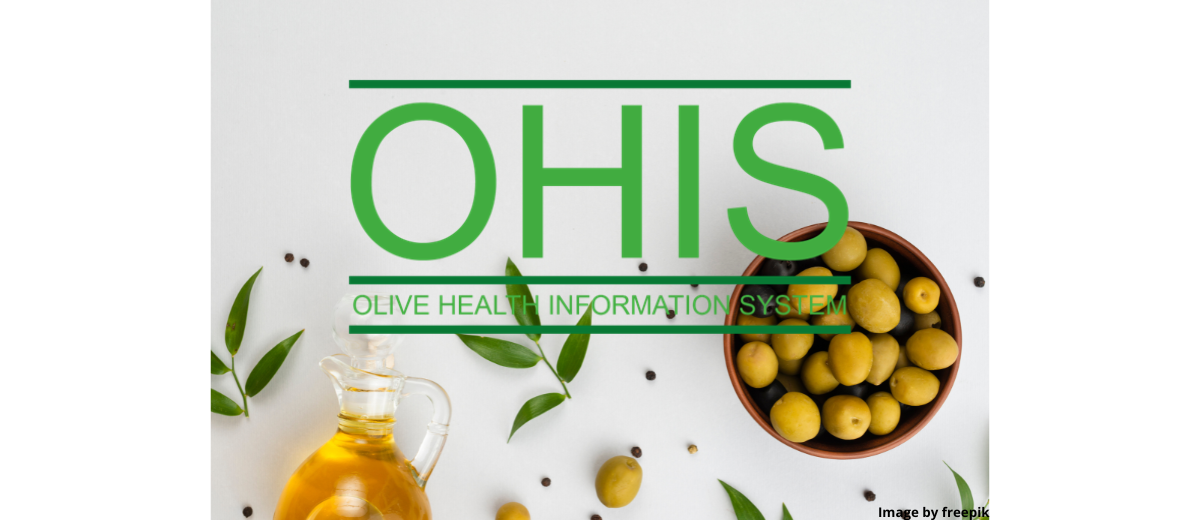This week on the Olive Health Information System website
The newsletter of the University of Navarra and the IOC dedicated to health
Emerging research underscores the powerful influence of dietary habits—especially the quality and degree of food processing—on biological aging and cardiometabolic health. While nutritious diets, such as the Mediterranean Diet, have been associated with favorable aspects of aging, proinflammatory diets—typically high in processed meat, added sugars, and refined grains—have been linked to accelerated biological aging. In this context, a recent study explored the relationship between the consumption of ultra-processed foods (UPFs) and biological aging in a large sample of 22,495 adults from Italy, participating in the Moli-sani Study. Researchers used an advanced deep learning approach, analyzing 36 blood biomarkers to estimate biological age, which reflects how well an individual’s body functions relative to their chronological age. The results revealed that higher UPF consumption was linked to accelerated biological aging. Specifically, individuals consuming more UPFs exhibited a biological age that appeared older than their chronological age, even after accounting for known risk factors. Interestingly, the poor nutritional content of UPFs (high in sugar, salt, and unhealthy fats) explained only a small portion of this effect, suggesting that other factors related to food processing may contribute to accelerated aging. The findings emphasize the potential harm of non-nutritional elements in UPFs and underscore the importance of reducing UPF intake to support healthier aging.
Completing these findings, another study on dietary behaviors examined how breakfast energy intake and quality influence cardiometabolic health in older adults with metabolic syndrome, using data from the PREDIMED-Plus study. Researchers followed 383 participants over three years, tracking breakfast habits and various health metrics, including body mass index (BMI), waist circumference (WC), triglycerides, and kidney function. Findings showed that both insufficient (<20% of daily energy) and excessive (>30%) breakfast energy intake were linked to negative outcomes, like higher BMI, increased WC, and elevated triglycerides, compared to an optimal intake (20–30%). Low breakfast quality, characterized by unbalanced nutrients, was similarly associated with greater WC, higher triglycerides, lower HDL cholesterol, and reduced kidney function. Interestingly, neither breakfast energy nor quality significantly impacted blood pressure or glucose metabolism. These findings suggest that a balanced and nutritious breakfast may help manage weight and improve lipid profiles in older adults at high cardiovascular risk.
Together, these studies underscore the broader impact of diet on aging and chronic disease risk. They reveal that not only what we eat but how food is processed and how meals are structured—especially breakfast—can influence aging processes and overall cardiometabolic health. These findings align with the principles of the Mediterranean Diet, which emphasizes balanced meals rich in high-quality nutrients, including olive oil. As a cornerstone of the Mediterranean Diet, olive oil is renowned for its cardioprotective and anti-inflammatory properties, making it a vital component of strategies to promote healthy aging. Promoting balanced, high-quality, and minimally processed meals may be essential strategies for healthy aging and disease prevention.
Other articles mentioned this week in the OHIS newsletter:
Aging
Cardiometabolic health
Cognitive and mental health
Olive Oil









